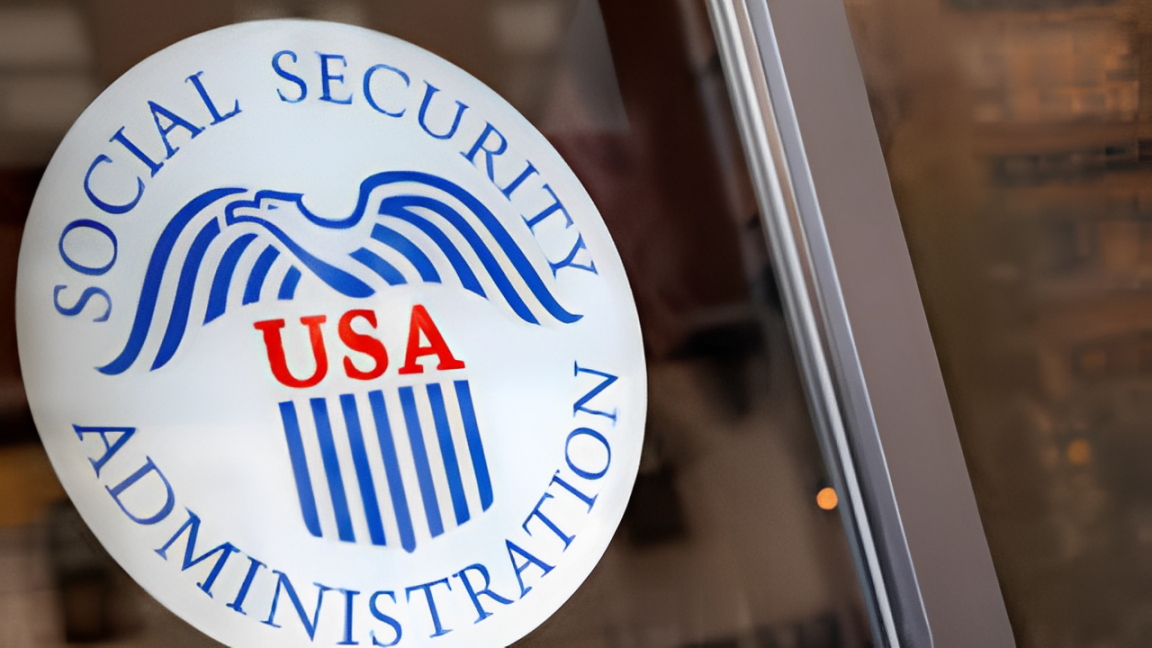Social Security and Medicare are lifelines for millions of Americans. For decades, they’ve ensured older generations can retire with dignity and access basic healthcare. Yet, in today’s rapidly evolving economy, concerns about their survival are rising.
Discussions surrounding late-stage capitalism—where profits often outweigh public welfare—reveal how fragile these systems might be.
What happens if Social Security and Medicare face funding cuts, privatization, or collapse? For many families, these aren’t just distant policy debates—they’re about survival.
1. Late-Stage Capitalism: A System Leaving Many Behind
Late-stage capitalism is often described as a phase where corporate interests dominate, widening the gap between the rich and working-class Americans.
While corporations and billionaires thrive, essential public programs like Social Security and Medicare face growing scrutiny. Critics argue that rather than strengthening these safety nets, policymakers look for ways to scale them back to “balance budgets.”
But here’s the catch: the working class already funds these programs. Social Security, for example, is financed through payroll taxes deducted from hard-earned wages. So why is its future uncertain? Many point to income inequality.
As wages stagnate, funding shrinks, while the wealthiest Americans—who often pay less in proportion to their income—continue to grow their fortunes.
2. Social Security: Running Out of Time?
Social Security was created in the 1930s to ensure retirees wouldn’t fall into poverty. Fast forward to today, and it provides benefits to nearly 67 million Americans, including retirees, disabled individuals, and survivors.
The issue lies in its funding model. Social Security relies heavily on payroll taxes. However:
- An Aging Population: More retirees mean more payouts. By 2035, the number of people over 65 will outnumber younger workers.
- Wage Stagnation: As incomes remain flat, payroll tax revenues fail to keep pace with payouts.
Reports indicate that without reforms, Social Security’s trust fund may be depleted by the mid-2030s. While this doesn’t mean benefits will stop, they may be reduced by as much as 20-25%—a devastating blow for retirees who rely on this income.
3. Medicare: Healthcare Costs Are Rising—But Who’s Paying?

Medicare is the government program that provides health insurance to Americans over 65. While it helps millions afford healthcare, its future faces similar pressures:
- Skyrocketing Costs: Drug prices, hospital bills, and doctor fees continue to rise.
- Profit-Driven System: The U.S. healthcare system prioritizes corporate profits, driving up costs.
For seniors, Medicare isn’t free. Many pay premiums, deductibles, and out-of-pocket expenses, which can quickly become overwhelming. Proposals to “cut costs” often involve privatizing portions of Medicare, which critics say only benefits insurance companies while making healthcare less affordable for seniors.
The reality? Without reform, Medicare’s financial struggles will worsen, and many older Americans could lose access to essential care.
4. The Real-Life Impact: Who Gets Left Behind?
If Social Security and Medicare weaken, millions of Americans will feel the impact:
- Increased Poverty: Social Security keeps roughly 22 million people above the poverty line. Without it, older generations could struggle to afford housing, food, and medications.
- Healthcare Inequity: Seniors could be forced to choose between buying medicine or paying rent, while access to affordable care becomes a luxury only a few can afford.
- Burden on Younger Generations: If Social Security and Medicare collapse, families will need to step in, placing immense financial strain on younger workers already grappling with student loans, inflation, and low wages.
The most alarming part? These programs exist to ensure dignity and fairness. Yet in today’s economy, they seem increasingly under attack.
Conclusion: Choosing People Over Profits
The future of Social Security and Medicare is not just a policy discussion—it’s about protecting the basic rights of all Americans. As debates rage over funding, privatization, and budget cuts, one question remains: Why should the vulnerable sacrifice while corporations continue to profit?
Ensuring these safety nets survive will require real change—policies that address income inequality, healthcare costs, and the needs of everyday workers. After all, the strength of a nation isn’t measured by corporate success—it’s measured by how well it cares for its people.
For millions of families, Social Security and Medicare are promises of stability. It’s time we keep those promises.
Note: Every piece of content is rigorously reviewed by our team of experienced writers and editors to ensure its accuracy. Our writers use credible sources and adhere to strict fact-checking protocols to verify all claims and data before publication. If an error is identified, we promptly correct it and strive for transparency in all updates, feel free to reach out to us via email. We appreciate your trust and support!



Leave a Reply